Twenty years ago, in an introductory class for my master’s program, my professor asked us to write a paper on our careers to that point. Fully recognizing that I had done many things in the ten years between undergraduate and graduate studies, I laid it all out.
I was dismayed that the professor’s feedback was simply, “You call this a career?” Apparently my ‘point A to point B’ was less obvious to her than it was to me. And as I reflected on what to write for this narrative, one thing that struck me was a lesson I learned in working with young people in an alternative program I started in a rural community in Washington State. For the career development core course, I would have them do a values clarification exercise. Always wanting to be authentic, I did the exercise with them: “Moral Consistency”—living your truth in work and life—that was what that professor didn’t understand about what defined my career, and is what has created my path.
Teaching advocacy
I started my professional life as an English teacher in Los Angeles. I taught high school, then middle school, and eventually adults. My students were diverse; many of them newly arrived in the United States. I loved teaching. And being a new, very young teacher in such a large school district, I had a lot to learn about school systems, political systems, and how my students were not always served well by them. I advocated as best I could as I struggled myself to keep my classroom safe and address the needs that presented, often being mistaken by school counselors and front office staff as a student rather than a teacher. It was also at this time that I was pregnant with my first child.
Fast forward five years, and I found myself teaching childbirth classes to teens. I had gotten certified to teach Lamaze after attending a friend’s birth, supporting her through such a profound experience, watching life come into the world, but not doing the work of birthing myself. I was hooked!
Then when I had the opportunity to teach in an alternative school just outside of Olympia, I felt like I had maybe found my calling. Although not a teen mom, I had been treated like one. I understood how it felt. In this small community, these young women were not only judged, but the medical treatment they were receiving was not the standard of care for the time. Many of them were left physically and emotionally scarred.
When I interviewed for a full-time teen parent educator in a rural community south of Olympia, I was offered the job in the time it took to get back home. After the first year, getting to know these young women and their stories, I found out that most of them had dropped out of high school just a few credits short of graduating. Most of them wanted to finish high school. Because I had been a high school teacher, it seemed obvious that I should start an alternative school housed at the community college where I was employed.
Five years later, we averaged 120 students a year and had seen young people not only graduate, but enroll in college. I got to watch their babies grow and thrive through our high-quality childcare setting and the parenting classes that met the unique needs of teens. But it was hugely political. That was the most difficult part of the job. I had to learn collaboration, coalition building, ‘sucking up to those that have the power’ for the greater good. I wrote grants and got them. I won a state-level award via a nomination by my students. They were my heroes. It was the time of welfare reform and attacks on young parents and adolescent sexual health (a time not too different than now). We had a tradition in the program that when someone turned 18, I would help her register to vote. I taught my students to advocate for their children and themselves.
Feeling, and taking action
During this time I added to my areas of passion teaching sexual health. Washington State in the ‘90s was the epicenter of sexuality educators. These nationally known experts created the Northwest Institute for Community Health Educators (NICHE) to provide professional development to those teaching about sexual health in their communities. I attended first as a participant, and then as a core staff member.
It was during my second weeklong NICHE that I came out to myself. I had married my high school sweetheart and had three kids; just like my parents had done. At the time, it felt like an expectation to do so as the oldest daughter. My mother always teased me about being aloof, but during that week in the mountains of Western Washington, something broke open and I had access to my feelings for possibly the first time in my life. And as this new awareness settled in, I began to put together pieces of my identity that were beyond expectations of family, friends, and society. There were crushes on girls that were ignored, colleagues and peers in my women’s studies courses who assumed I was “straight,” and closed-off conversations that I might be otherwise.
However, because I was a sexuality educator, I always told my students, “Just because you feel a thing, doesn’t mean you have to act on it.” I had a young family and a commitment. I came out to my spouse with no intention beyond that. But over the next two years, dealing with other people’s assumptions about my identity along with my intense longing to be part of my community, as well as a deep desire to be in love—to live my truth—became too painful. I left my marriage, came out, and in 1999 met my wife LeAnn.
My two oldest were just starting middle school and LeAnn took us all on despite this (as someone who had worked with adolescents, I might have run screaming or at least suggested I call when the youngest turned 18). We settled into parenting as a team, with LeAnn taking the role as my support. I learned in that period of time that not only did I come out, but my children were now part of the LGBTQ community as well. I feel lucky that they took this in stride, acting as advocates in their own ways.
As my career moved from managing an alternative high school to state level and national advocacy for adolescent sexual health, I took this experience with me in my work with schools. Many teachers and administrators have told me that they really don’t have any gay students, so issues of bullying and suicide related to bias are not their issues. But students have parents, aunts, uncles, siblings, and friends. Somehow that message resonated because it de-sexualized the conversation; despite the fact that sexual identity is about “being” and not “doing.”
Food for family, food for justice
My career came to be defined by social justice via my own experiences and the jobs I held. And when funding went from sexual health to childhood obesity, I shifted with it, but continued to look more broadly at issues of inequity in health. The more time I spent learning about access to healthy food and applied a social justice lens to who tends to grow food on our behalf, I got more interested in knowing where my own food comes from.
I had the amazing opportunity to work for an initiative in the Clinton Foundation and was able to meet President Clinton and hear him speak. He talked about population health, equity, and environmental health in sweeping and connected ways. I started considering food miles, pesticide use, and the environmental impact of my own food choices. LeAnn and I read Animal, Vegetable, Miracle by Barbara Kingsolver, which chronicles her family’s experience of eating local for a year, and LeAnn and I were motivated to try it for ourselves. And to buy a farm. And to move back to the Midwest to be closer to family.
In 2010, when our youngest daughter Hallie graduated from high school, we packed up our lives in the Pacific Northwest and moved to Wisconsin. I was born in Milwaukee; LeAnn in Missouri. Madison was the progressive community we were looking for after living out west. We started looking for a small farm and fell in love with the rolling hills of the Driftless region and found a place in New Glarus.
Before we arrived, we were referred to as “the girls.” Our first trip to the small town grocery store and help with our purchases resulted in an exclamation of “You’re a sister, too!” after seeing the rainbow sticker on our yellow Ford Escape. Where had we landed?
Laying down roots
We spent the first year settling in, caring for LeAnn’s mother who had advanced dementia, and fixing up the farm. When we purchased, it had been inhabited by the farmer’s son and his two best friends. The boys came with the farm. One is my son-in-law, another one is pretty close.
We opened a farmstay in 2012 and relied heavily on the expertise of a group of women farmers in our county that were farming small and raising food for community supported agriculture and farmers markets. We got goats, then layers, then pigs, and eventually meat chickens. Although eight years have passed, we still do not have the garden and orchard we had in Olympia, Washington. Hopefully this year…as we have said for the past six.
We enjoyed serving people breakfast and connecting them with their food. Many of our guests wanted local food, just like we did, but as it is in many rural communities, growing or raising food, most of it ends up in the bigger cities where there is greater demand. We decided then to open a restaurant, to bring all the great local food we knew of from our women farming friends to the table of our neighbors and visitors that come to New Glarus for the beer.
Never mind that I had never worked in a restaurant (unless you count scooping ice cream in college). My youngest daughter had restaurant experience. My soon-to-be son-in-law Jared was a chef. And they were both “in.” Hallie took over the management and front-of-house, getting us set up on social media, and with a point-of-sale system, and setting the standard for giving our customers a unique experience and education about where their food comes from. I gave Jared control of the kitchen, and he proved himself to be incredibly talented, pushing the envelope of what people expect in a small, rural community restaurant.
Four years later, what was meant to be a market and small eatery has been named a “destination restaurant” by Madison Magazine two years running. In Cow & Quince, we have received recognition for our local sourcing with 94% of our food dollars being spent within 50 miles of New Glarus. I have applied my values of moral consistency and social justice to my business and our place in the community.
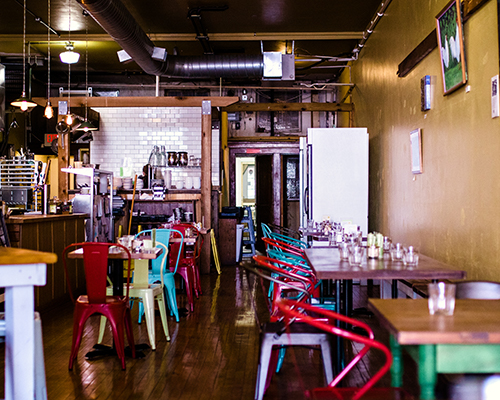
A true community space
I know rural communities can feel scary for many people of color and those of us in the LGBTQ community. As we watched the election results in November 2016, I was sure that was the end of Cow & Quince. I felt that fear and thought our regular customers would as well. But when we opened as usual on Thursday morning, tables filled. I realized then that we were a safe place for our community. We did a fundraiser for our high school Gay-Straight Alliance on behalf of all students, and have gotten some amazing teenage dishwashers to work for us because we are a safe and accepting place to work. The next step just might be a New Glarus, family-focused Pride event!
I spent over 20 years of my career working in health and education policy, advocating for big issues that truly impact the lives of young people and women every day (reproductive health, sexuality education, transgender student rights, access to health care, mental health care, etc). When I opened Cow & Quince, I was acutely aware of the fatigue that happens when you try to push these big-issue boulders uphill. There were legislative sessions and governmental budgets where successful advocacy was not progress, it was simply ensuring that they “did no harm.”
In 2014, when we opened Cow & Quince, I had also been practicing yoga with great seriousness and intensity for six years. The Hindu notion of “being in the world the way you want the world to be” felt doable. Cow & Quince represents this for me. It is the ultimate collision of all of my passions and values.
I work on food systems, economic development, inclusivity, and health from a place of “being.” Sometimes I feel guilty that I am not working on the big picture, but we are really too busy for wallowing for very long. I have amazing customers both at the farmstay and at the restaurant, who at minimum appreciate the food and the space we have created.
Every once in a while one of them articulates and validates the larger ripple that we have in living our truth and being morally consistent for both New Glarus and its visitors. Those are the days when all this crazy, never-ending hard work really pays off.

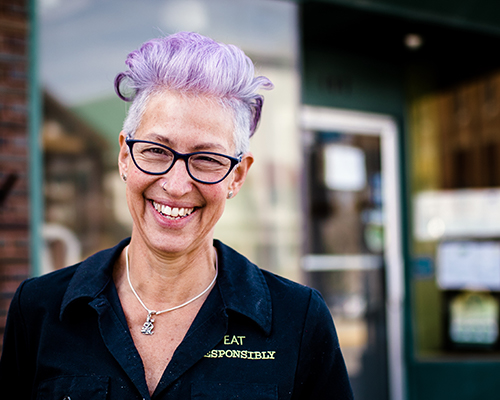


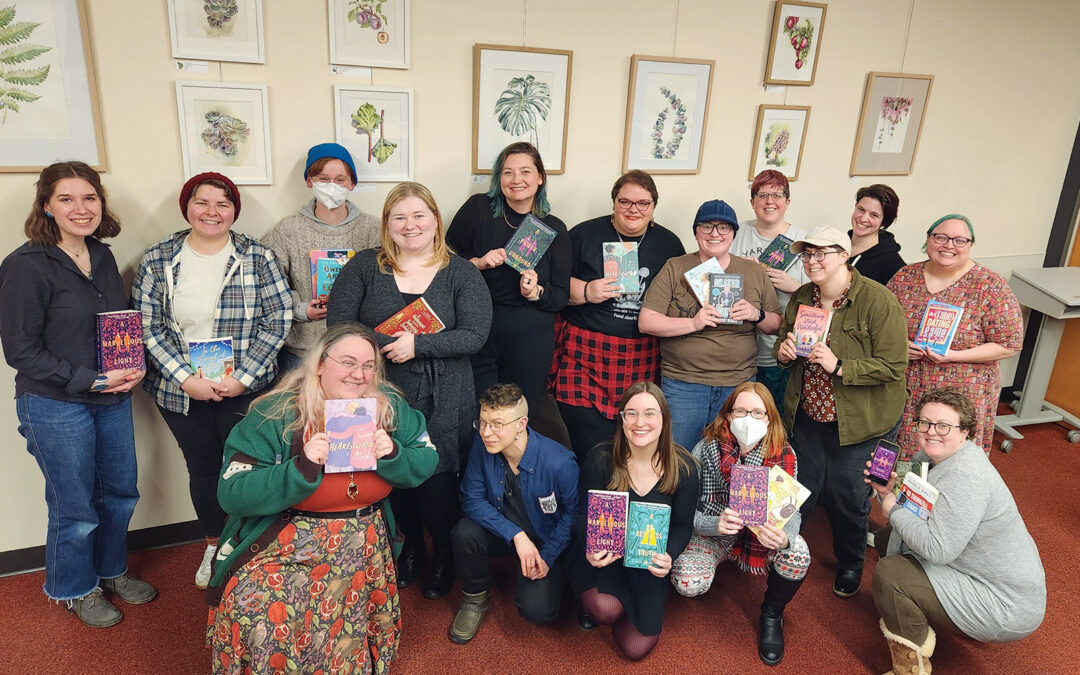
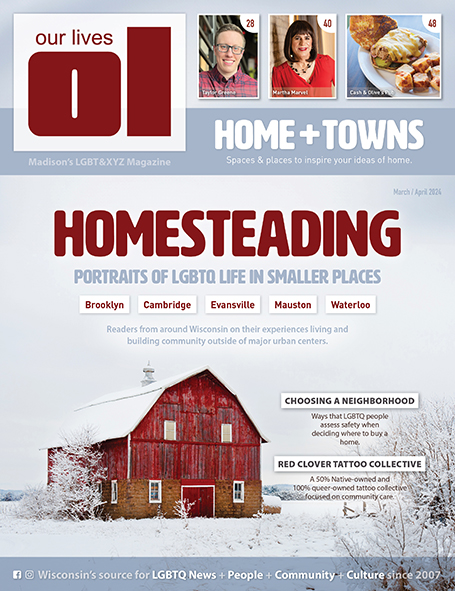
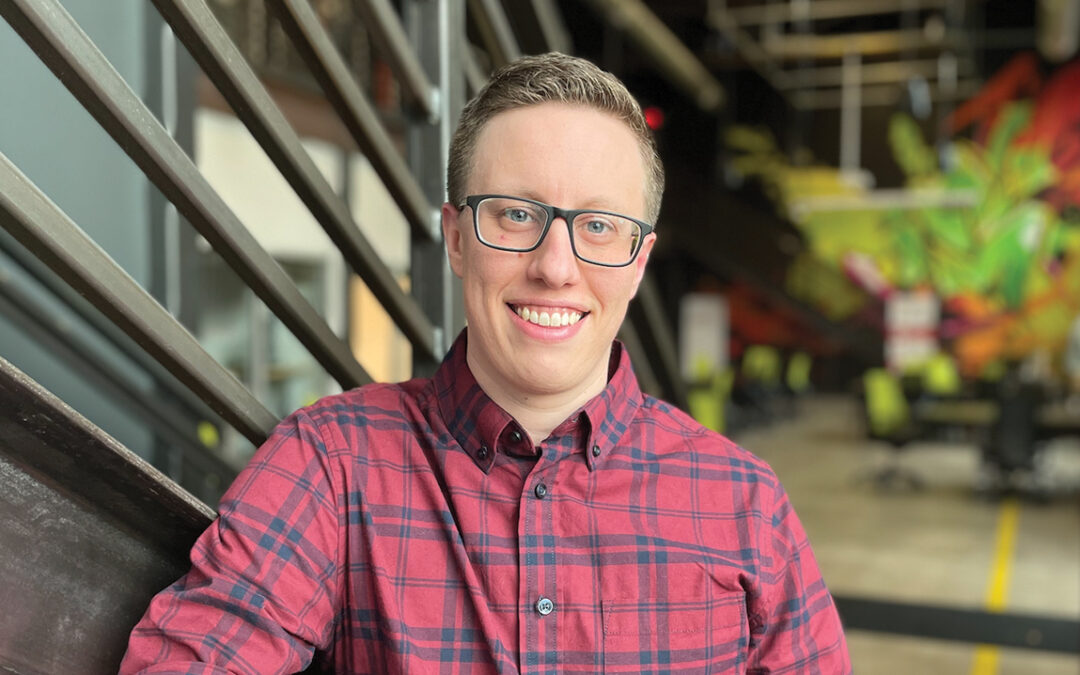
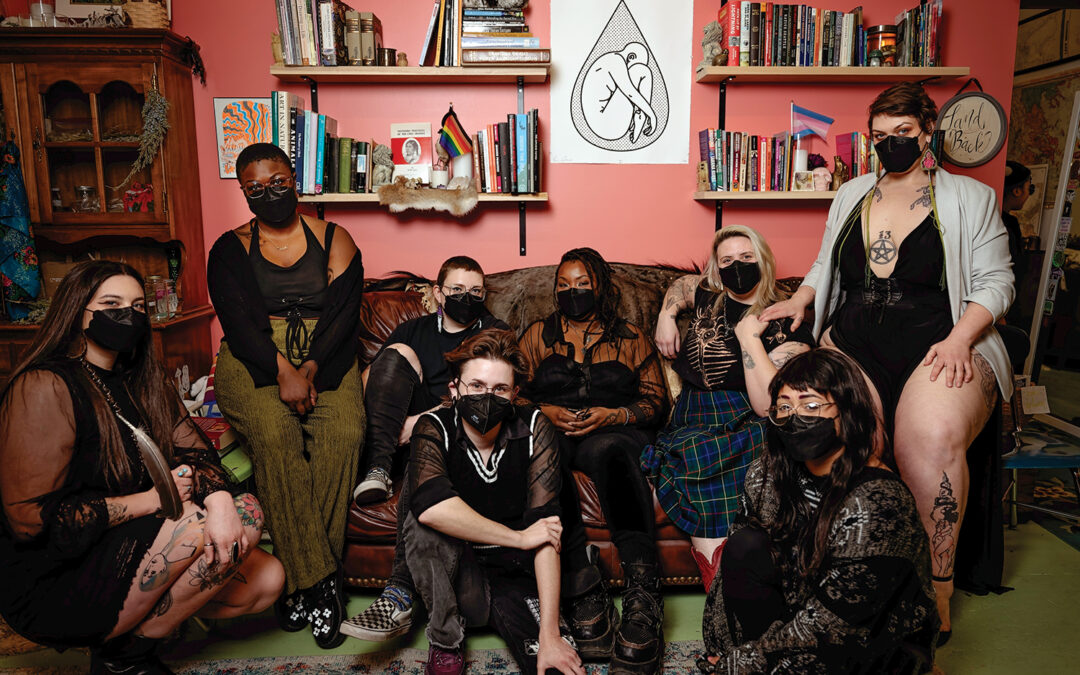
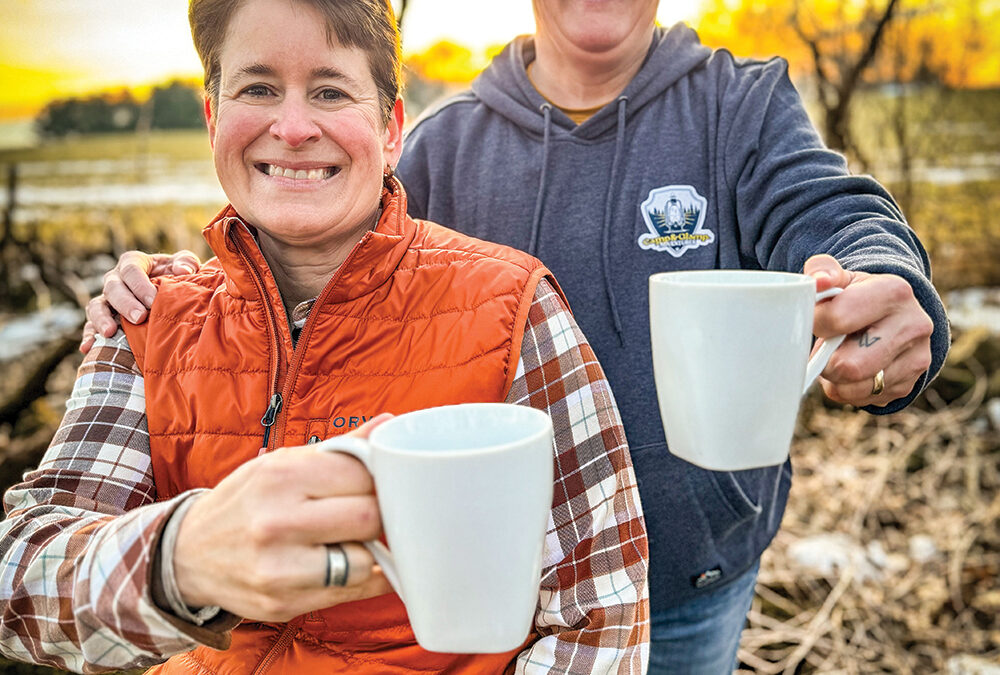
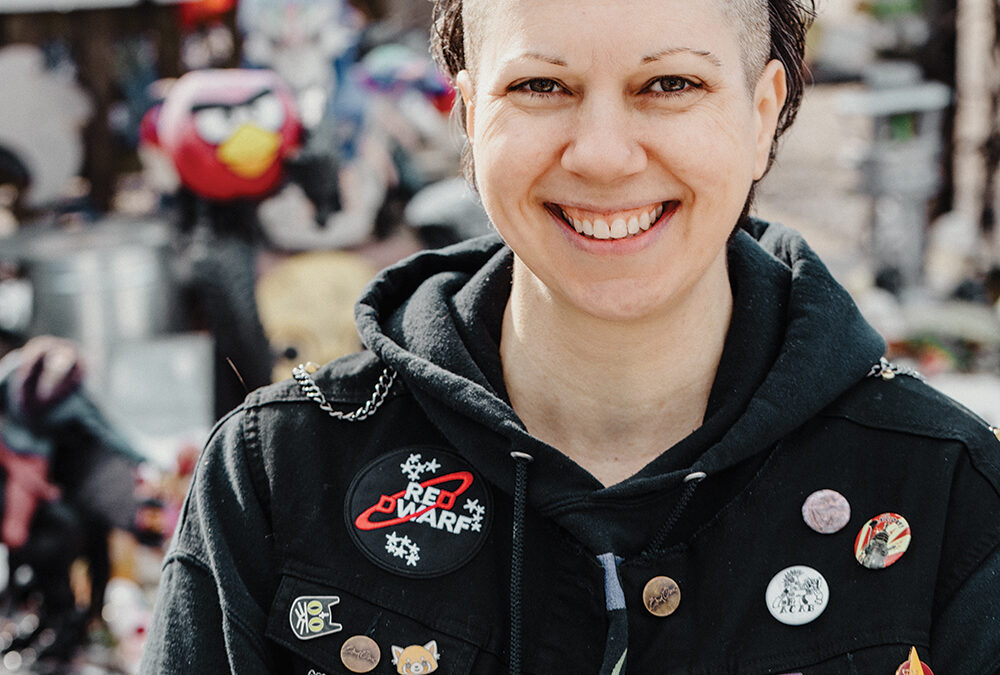
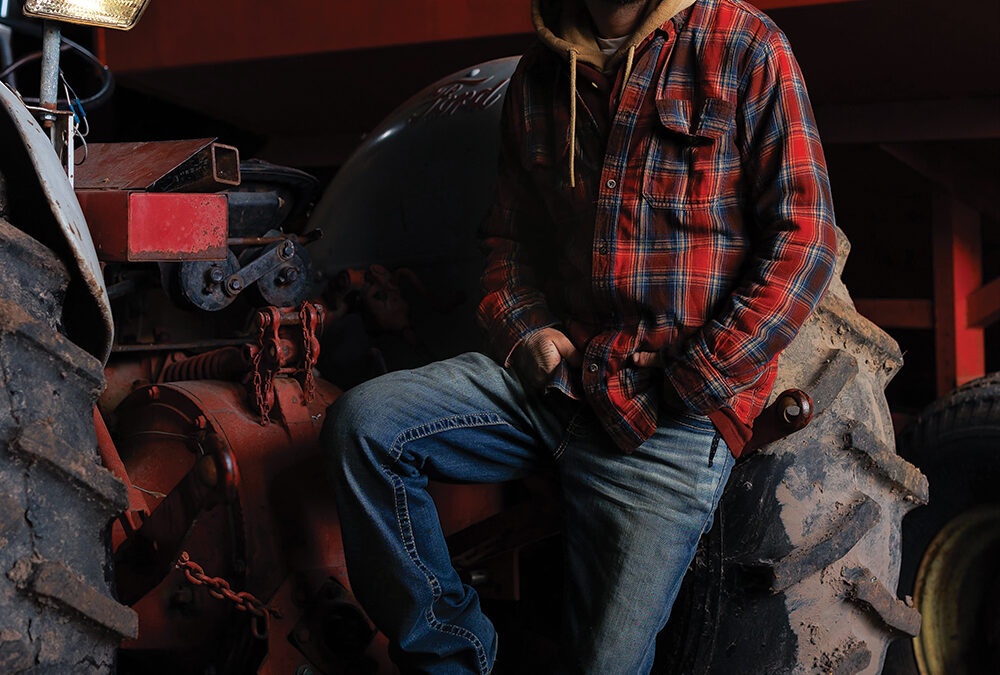
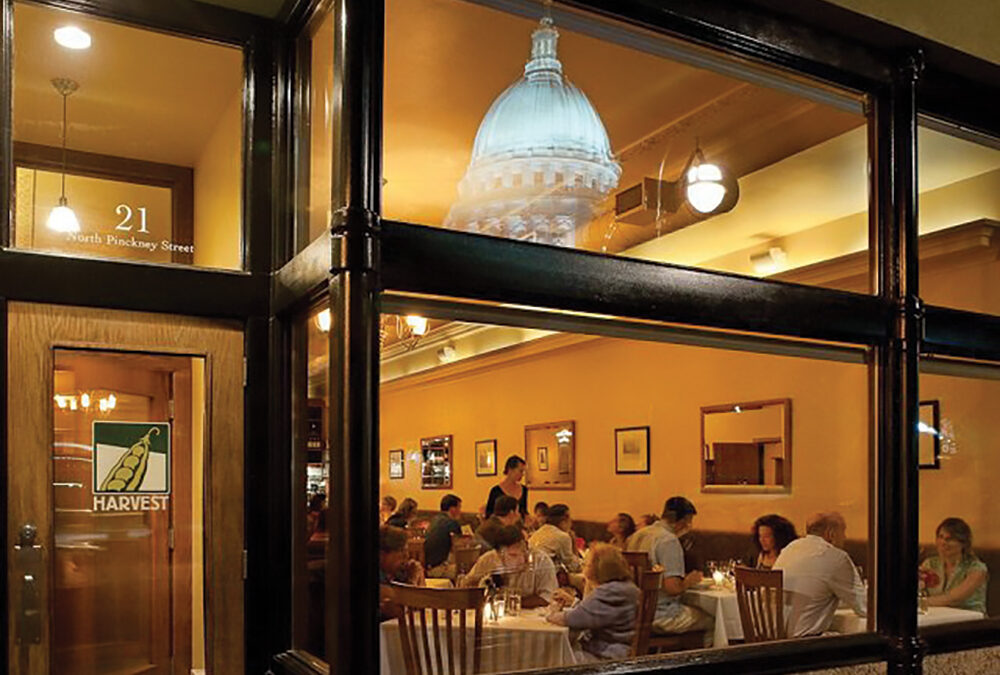
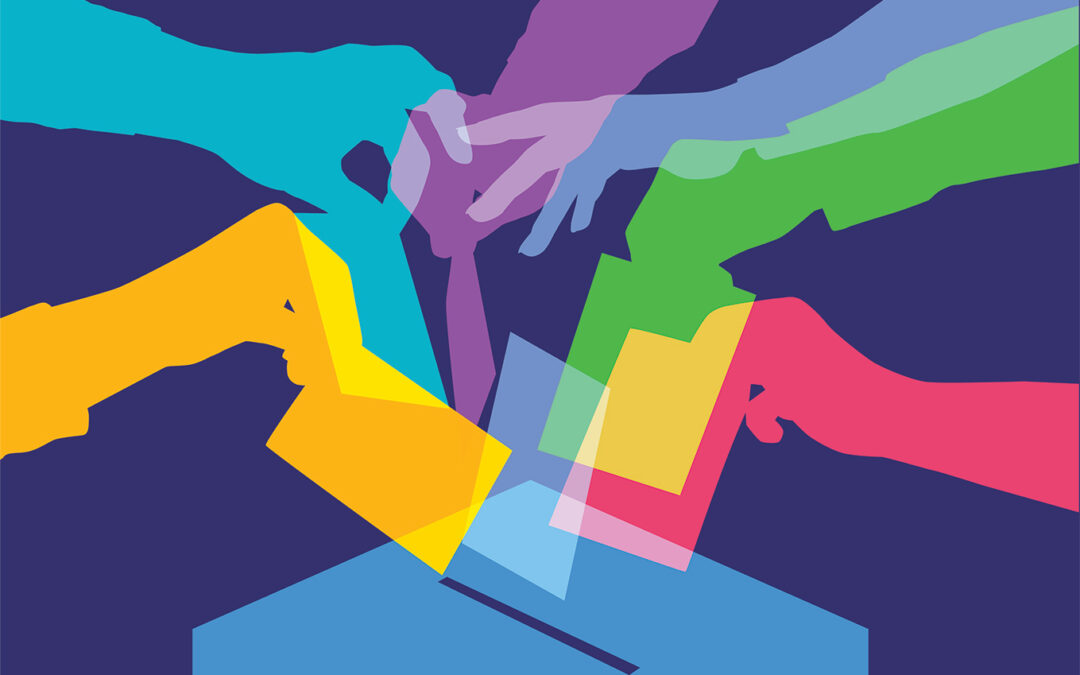
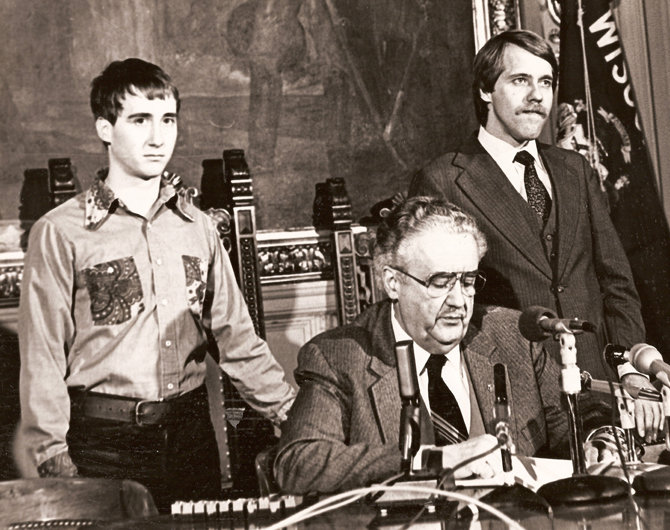










0 Comments